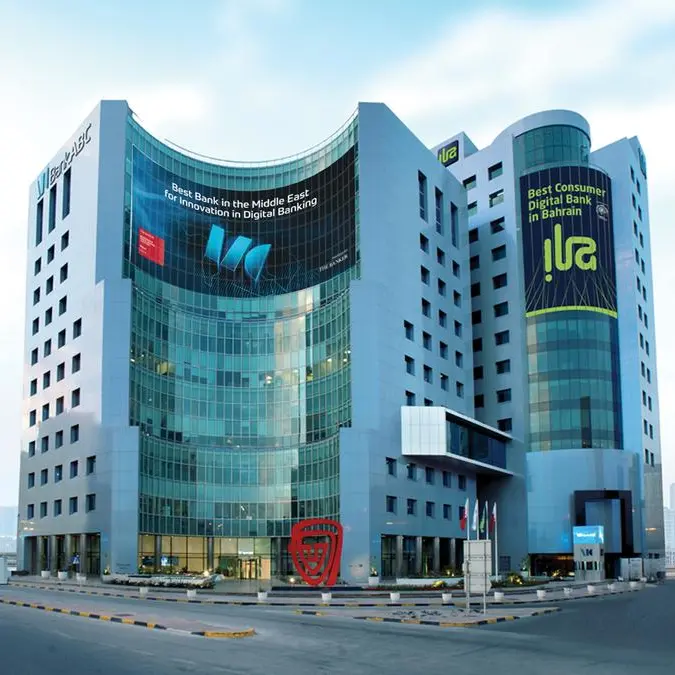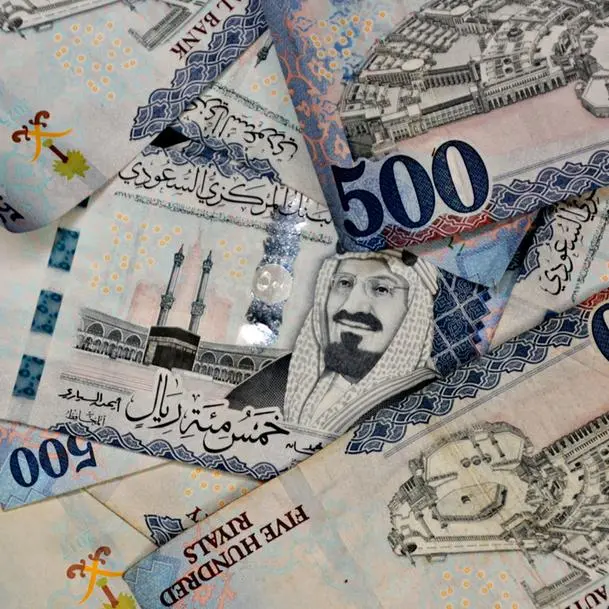PHOTO
UAE - Credit growth in the UAE’s banking sector, a key indicator of overall economic growth, surged to almost Dh2.0 trillion in the first quarter despite rising interest rates, signifying the resilient trend in the business sector.
Gross credit showed a 0.9 per cent quarter-on-quarter (q-o-q) increase, amounting to Dh1.895.8 trillion, while customer deposits rose by 3.8 per cent q-o-q and 14.9 per cent y-o-y, reaching Dh 2,306.0 billion. Total assets of banks operating in the country increased by 2.6 per cent q-o-q, reaching Dh3.7647 trillion by the end of the first quarter of 2023, the Central Bank of the UAE (CBUAE) said in a report.
When credit grows, consumers can borrow and spend more, and enterprises can borrow and invest more. A rise of consumption and investments creates jobs and leads to a growth of both income and profit. Corporate credit shocks influence GDP growth mainly through investment, while consumer credit shocks are associated with private consumption.
Interest rate in the UAE averaged 1.49 per cent from 2007 until 2023, reaching an all time high of 5.15 per cent in May 2023 and a record low of 0.15 per cent in July 2021.
The CBUAE report provides insights into the banking sector, including the number of banks operating in the UAE. At the end of the first quarter of 2023, there were 22 locally incorporated banks, while the branches of these banks decreased to 494. The number of electronic banking service units increased to 47, and the cash offices remained constant at 21.
The capital adequacy ratios of banks operating in the UAE, indicating the amount of capital in relation to risk-weighted exposures, increased by 0.5 per cent q-o-q, reaching Dh430.7 billion by the end of the first quarter as the total Capital Adequacy Ratio stood at 17.8 per cent, well above the prescribed requirements.
In the first quarter, the Central Bank’s foreign assets increased by 8.8 per cent q-o-q, reaching Dh537.4 billion. The report also highlights the performance of financial markets, with the Abu Dhabi Financial Market Index falling by 6.7 per cent q-o-q and the Dubai Financial Market Index increasing by 1.6 per cent q-o-q during the same period.
Resident deposits increased by 4.1 per cent q-o-q, settling at Dh2.093 trillion, while non-resident deposits rose by 0.4 percent q-o-q, amounting to Dh213.4 billion.
Gross assets of Sharia-compliant banks operating in the UAE also recorded strong growth to hit Dh650 billion by the end of Q1-2023, an annual increase of 7.31 per cent, equivalent to nearly Dh44.3 billion, from 605.7 billion in March 2022.
The apex bank’s statistics reflect an increase in Islamic banks’ credit to Dh400.2 billion at the end of March 2023, an annual growth of 2.51 per cent compared to nearly Dh390.4 billion in March 2022, and a month-over-month increase of 0.91 per cent, from Dh396.6 billion in February.
Islamic banks’ deposits increased to Dh453.4 billion in March 2023, an annual increase of 6.2 per cent, from nearly Dh427 billion in March 2022. The total investments of Islamic banks amounted to Dh111.5 billion by the end of March 2022.
In the meantime, the UAE-based conventional banks had total assets of Dh3.115 trillion, up 14.1 per cent from Dh2.73 trillion in March 2022.
These banks accounted for around 82.7 per cent of the total assets of the UAE’s banking sector by end of March 2023, or Dh3.765 trillion, while Islamic lenders held 17.3 per cent
Copyright © 2022 Khaleej Times. All Rights Reserved. Provided by SyndiGate Media Inc. (Syndigate.info).





















